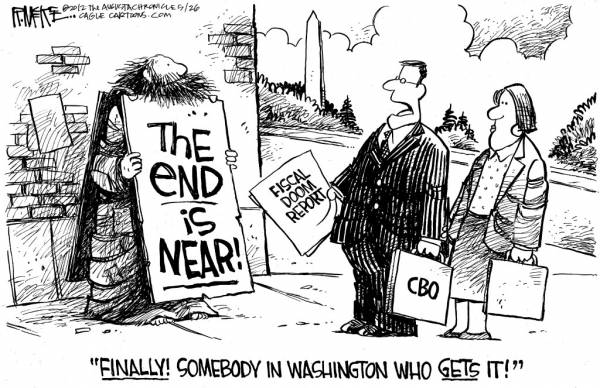PA Sobering Fiscal News as Legalized Online Gambling Remains on Back Burner
HARRISBURG, Pa. (Associated Press) - Pennsylvania state government received sobering fiscal news Tuesday, as the Legislature’s independent budget analyst projected more big deficits are looming, including a shortfall this year.
The Independent Fiscal Office’s director, Matthew Knittel, said a package of more than $1 billion approved in July to bail out the current year’s deficit had made limited progress in chipping away at the state government’s stubborn, long-term deficit.
The Republican-controlled Legislature has rejected Democratic Gov. Tom Wolf’s efforts during the last two years to fill a stubborn deficit with a multibillion-dollar tax increase.
Another fight is likely next year, as budgetmakers confront what the Independent Fiscal Office projected to be a $1.7 billion in the 2017-18 fiscal year that starts July 1.
The office also projected a nearly $600 million shortfall in the state’s current $31 billion budget. Meanwhile, tax collections are running behind expectations.
In the future, average costs will rise by a percentage point per year faster than tax collections over the next five years, the office said. Years of deficits have cost Pennsylvania credit rating downgrades, leaving its bond rating among the lowest of states.
In the current fiscal year, Wolf and lawmakers sought to wipe out a projected $1.8 billion deficit with a $1.3 billion election-year revenue package that hinged on a $1-per-pack cigarette tax increase.
The hard-fought revenue package also authorized a $200 million loan from a state medical malpractice insurance fund and counted on an expansion of casino-style gambling to casino-run websites to contribute about $100 million, mostly from lucrative one-time license fees. But the Legislature has yet to come to an agreement on a bill to authorize such a gambling expansion.
The Wolf administration also agreed to fund state prisons and Medicaid programs at more than $300 million below what it had recommended to cover costs.
Knittel said the state’s growing costs in the future include a bigger role in paying for hundreds of thousands of people newly eligible for medical care under an expansion of Medicaid guidelines.















